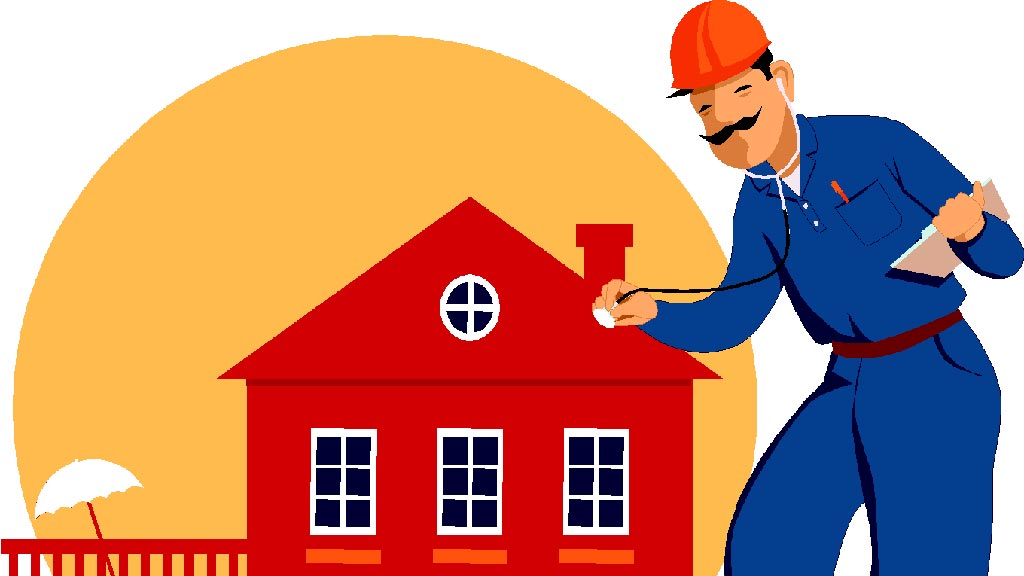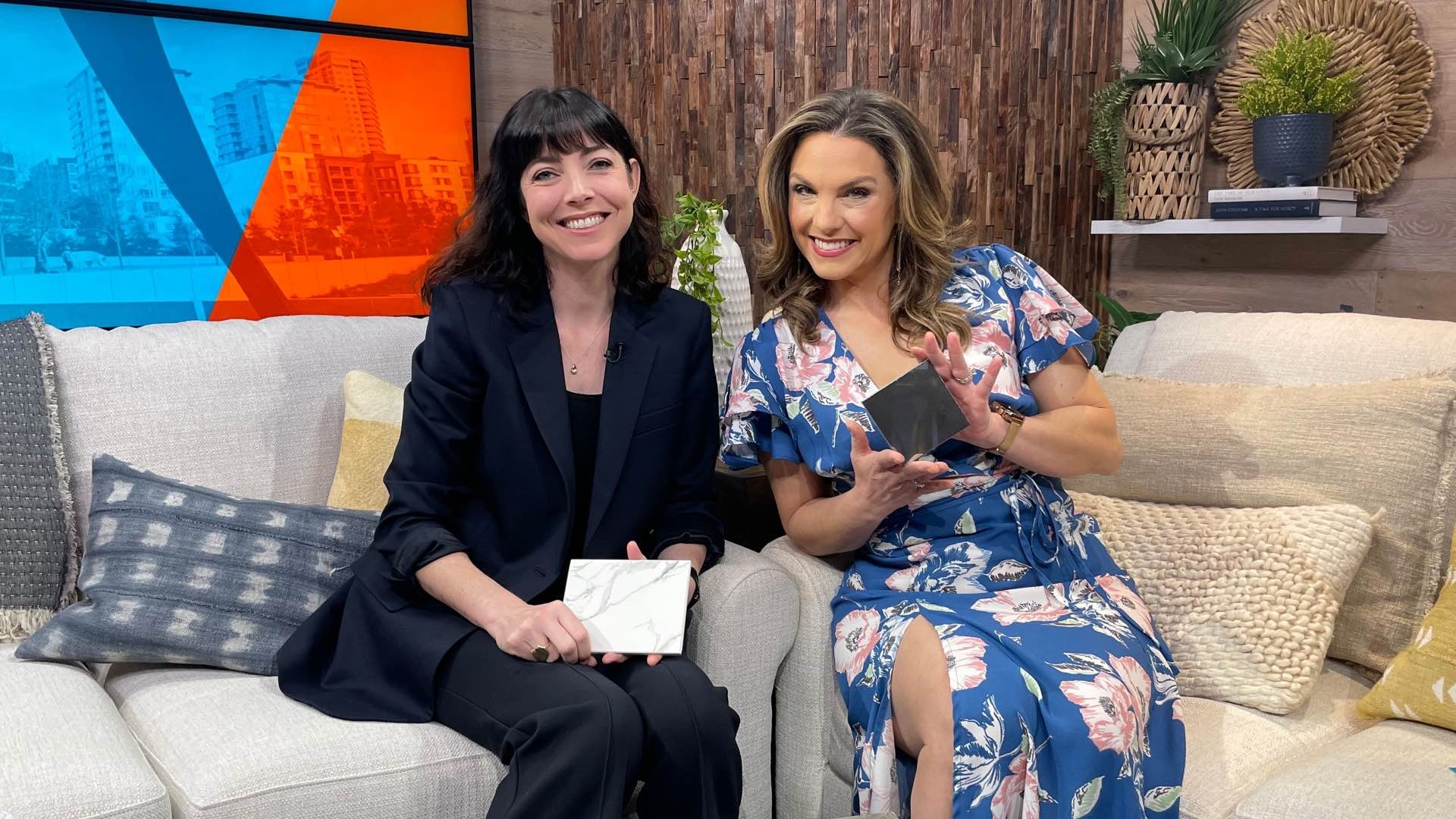Nothing can get you more steamed than having to redo a project because it’s not up to code. Then again, improper bathroom ventilation can also cause things to get a little steamed, and it’s a code violation! It’s better to research before undertaking any big plumbing projects to avoid any such predicaments. If you’re building a new home, or if you’re remodeling your current one, make sure you follow these tips before you find yourself having to redo all of your hard work.
1. Shield plates should be installed where pipes pass through the studs. Most plumbing codes require a shield plate to cover any notched or bored studs. It’s best practice for maintenance and longevity as well.
2. Plumbing has to be buried deep enough. A common rookie mistake is not burying your pipes deep enough. Most codes have a specific depth they require pipes to be buried at, and it can vary depending on the pipe. And always remember to call before you dig! You don’t want to accidentally hit a power line, or an unknown pipe when you’re trying to repair or install plumbing.
3. Correct pipe sizes for drains, vents, and supply lines. One of the hardest things about plumbing is making sure that all of the little parts fit together so that they’re water tight. In addition to avoiding leaks, saving money, and making the parts last longer, properly fitting pipes, and all the parts that go along with them, is also imperative to ensure there are no code violations.
4. Bathrooms must be properly ventilated. It may not be a plumbing issue per se, but it will get you dinged as not up to code nonetheless. It is also something that the certified professionals at South West Plumbing can help you install properly and without fuss.
5. All proper shut-off valves must be installed. Valves can be difficult and tedious for the DIY plumber. Booster pumps may need to be installed for low water pressure. Pressure-reducing valves for high water pressure may also be required to get your plumbing up to code. You may need to replace a globe shut-off valve with a full-bore ball or gate valve. The trick is knowing both what your house needs, and what the local code requires.
6. Appliances must not be too close together. This is mainly an issue in smaller bathrooms. So when installing fixtures in a small bathroom, research local codes, and make sure everything is far enough apart.
7. Drain slopes must be at an adequate angle. The angle of the slope is essential not just to get plumbing up to code, but to function properly. This is because if it’s not installed at the right angle, solid waste can get clogged and cause serious issues.
8. Research the correct pipe materials for your regional code. The vast majority of codes permit PVC drain lines and rigid copper supply line pipes. Look up the codes in your county before purchasing, so you don’t have to make any returns or uninstall some already laid pipe.
So there you have it! There are some hot tips to help you get your plumbing up to code. One easy way to avoid the headache altogether, is to call South West Plumbing. They will inspect all of your home’s plumbing, and ensure that you’re up to all of your local


